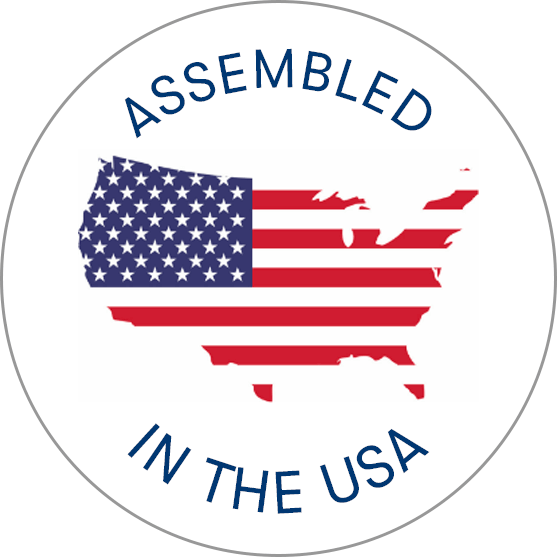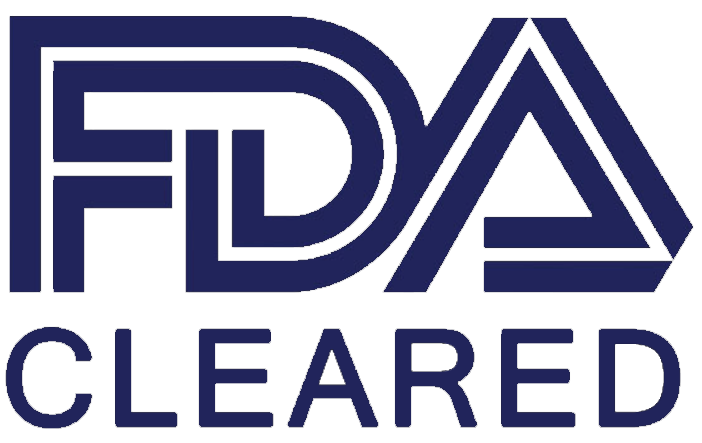Nasal Expiratory Positive Airway Therapy is gaining recognition as an effective treatment option for individuals with sleep apnea and related breathing difficulties. In this blog, we will delve into the world of this said therapy and explore its potential benefits. From understanding the underlying mechanism to discussing its advantages, we aim to provide valuable insights into this innovative approach to improving respiratory health.
Understanding the therapy
Nasal Expiratory Positive Airway Therapy involves utilizing a specialized device that applies gentle pressure to the nasal passages during exhalation. This pressure helps to keep the airway open, reducing the risk of obstruction and improving breathing efficiency. Unlike traditional Continuous Positive Airway Pressure (CPAP) therapy, which utilizes continuous pressure throughout the respiratory cycle, Nasal Expiratory focuses specifically on exhalation.
Benefits
Non-Invasive and Comfortable:
This therapy is non-invasive, making it a comfortable alternative to other treatment options. The devices used in this therapy are typically lightweight and compact, minimizing discomfort during sleep and promoting compliance.
Improved Sleep Quality:
By ensuring that the airway remains open during exhalation, this therapy effectively reduces the occurrence of apnea events, snoring, and other breathing interruptions. This improvement in respiratory function leads to more restful and uninterrupted sleep, allowing individuals to wake up feeling refreshed and revitalized.
Portability and Convenience:
Nasal Expiratory devices are often portable and easy to use, making them ideal for individuals who frequently travel or prefer a more convenient treatment option. Their compact size and simple application make it possible to maintain consistent therapy regardless of location.
Enhanced Compliance:
The comfort and ease of use associated this therapy contribute to improved compliance rates. Compliance is crucial for effective treatment outcomes, as consistent usage ensures that the airway remains open and reduces the risk of complications associated with untreated sleep apnea.
Suitable for Various Sleep Apnea Types:
Nasal Expiratory therapy can be beneficial for individuals with different types of sleep apnea, including obstructive sleep apnea (OSA) and central sleep apnea (CSA). Its mechanism of action focuses on improving overall airflow and reducing breathing disturbances, regardless of the specific type of sleep apnea.
Consulting a Healthcare Provider is necessary
Consulting a healthcare provider is essential when considering Nasal Expiratory Positive Airway Therapy for several reasons. Firstly, healthcare providers specializing in sleep medicine have the expertise to accurately diagnose and assess your specific sleep apnea condition. They can determine whether this therapy is an appropriate treatment option based on your individual needs, medical history, and sleep study results. Additionally, healthcare providers can guide you in selecting the right Nasal Expiratory device and provide instructions on proper usage. They can monitor your progress, make necessary adjustments to the therapy, and address any concerns or challenges that may arise along the way.
Lastly, healthcare providers ensure your safety by providing professional guidance and ensuring optimal treatment outcomes. By consulting a healthcare provider, you can receive personalized care and expert guidance throughout your therapy journey, leading to improved respiratory health and better sleep quality.
In conclusion
Nasal Expiratory Positive Airway Therapy offers a promising solution for individuals seeking a non-invasive and effective treatment for sleep apnea and related breathing difficulties. With its focus on keeping the airway open during exhalation, this therapy improves sleep quality, enhances compliance, and promotes overall respiratory health. By consulting with a healthcare provider and exploring this innovative therapy, individuals can take proactive steps towards managing their sleep apnea and enjoying restful nights of rejuvenating sleep.




